Tyson and Perdue are investing in better conditions for its birds and relying on technology to make it happen as consumers remain concerned about welfare in poultry production.
Consumers’ increasing fascination with learning more about food production has prompted many companies throughout the value chain to take actionable steps to improve food safety, transparency, traceability, and animal welfare. The way that animals intended for human food consumption are raised has always been a widely debated issue. But people are becoming more aware of the environmental and ethical aspects of meat consumption as the curtain between agriculture production and city-dwelling consumers continues to lift.
Poultry welfare is one of the best examples of consumers’ increasing interest — and their surprising ability to effect industry-wide changes. The treatment and handling of broiler birds, which are raised for meat, and egg-laying hens reached a fever pitch when California voters approved Proposition 2 in 2008 that required farmers to provide more space for egg-laying hens. Prior to the measure, birds were kept in cages and allotted approximately one standard 8.5” x 11” sheet of paper worth of space. Prop 8 gives each bird the right to enough space to stand, turn in a circle, and fully outstretch her wings. The law took effect in 2015.
A decade later, California voters again took to the ballot box to address chicken welfare, passing Proposition 12 which requires poultry producers to adopt cage-free systems by 2022. It also set new minimum cage space requirements for breeding pigs and veal calves sold in-state.
But major poultry producers aren’t waiting for state-by-state laws to domino across the country. Cage-free is becoming an industry trend regardless of legal measures. The Humane Society has reached agreements with major retailers like Whole Foods, Walmart, and Target to sell only cage-free eggs by 2025. A number of fast food joints like McDonald’s have already switched to cage-free eggs or are in the process of converting. They are making investments in improved handling systems, new welfare certifications, and state-of-the-art technology that helps mitigate input waste and death loss.
Tyson Adopts Welfare Certification, Builds High-Tech Hatchery
Earlier this month, leading poultry producer Tyson announced that it is adopting the US Poultry & Egg Association’s third-party certification for the proper handling and transportation (PHT) of live birds in chicken operations. Tyson will be the first major poultry producer to go through the certification process, which focuses on biosecurity, disease identification, emergency planning and preparation, and the safe handling of birds before, during, and after transportation.
In 2018, Tyson implemented the use of remote video auditing (RVA) technology as a means of third-party auditing of its chicken-catching crews at 33 of its plants, which is part of its Farmcheck program. The move was likely in response to an undercover video of Tyson plant workers mishandling chickens as they were being loaded into crates and then into trucks for transport to a processing facility. Tyson quickly ended its production contract with the facility where the abuses took place, but the widespread media coverage left consumers with a bad taste in their mouths.
The company also maintains an Animal Welfare Advisory panel of external experts and is testing Controlled Atmosphere Stunning (CAS) at two of its poultry plants.
Tyson Foods is also installing a new high-tech hatchery in Humboldt, Tennessee, tapping software company Pas Reform and equipment company NatureForm to install the equipment and software. The system eliminates the need for water in the hatching area by providing so-called moisture-enhanced feed to the chicks during the day after they are born. Pas Reform’s software enables Tyson to control the hatchery from a computer inside the facility or remotely. The software can also modify the temperature inside the incubators.
Tyson’s Humboldt hatchery is part of a $300 million investment estimated to draw 1,500 new jobs. A feed mill, hatchery, processing plant, and related operations are in the works. At full capacity, the complex will be capable of processing 1.25 million birds per week.
Perdue’s High-Tech Upgrades
Major poultry producer Perdue has also made an effort to improve animal welfare in poultry production. Last year, it adopted a state-of-the-art stunning and transportation system.
Most US poultry plants use electricity, a method from the 1960s, to render animals insensible to pain before processing. Employees shackle live birds upside down while they’re still conscious. With its new controlled atmospheric stunning (CAS) system, Perdue uses increasing levels of carbon dioxide to calm then sedate the chickens before rendering them permanently unconscious before the processing phase begins.
In the second phase of the CAS process, covered trucks will transport the birds in redesigned crates to a fully-enclosed, temperature-controlled, de-stressing area prior to processing called the “lairage” area. The transport crates are then transferred to the CAS system, so the birds stay calm and are never handled when conscious.
“Since implementing the CAS system, we’re seeing measurable poultry welfare improvements throughout the process, as well as improvements in product quality. Our technology uses both carbon dioxide and oxygen in the mix, which creates less stress on the birds as they go through the chambers,” said Bruce Stewart-Brown, DVM, senior vice president of food safety, quality, and live production, in a statement about the new technology. “The difference is night and day.”
In 2016, Perdue announced a new program to advance animal care, which helped it achieve the second highest level in the Business Benchmark on Farm Animal Welfare report released last year.
Tyson is Betting on Alternative Protein, Too
There’s one new business venture in which Tyson won’t have to think about animal welfare. During its quarterly earnings call last month, Tyson CEO Noel White announced that the company is launching its own animal-free protein products by the end of 2019.
“We’re going to be making significant investments in the space,” Whitmore said in an interview with Bloomberg. “The companies and ecosystem that are in place to provide protein to the world can do the same thing for alternative protein — the mechanics of the supply chain all the way from the farm to your plate don’t necessarily change.”
Its venture arm, Tyson Ventures, is invested in alternative protein company Beyond Meat and cell-cultured meat companies Memphis Meats and Future Meat Technologies.

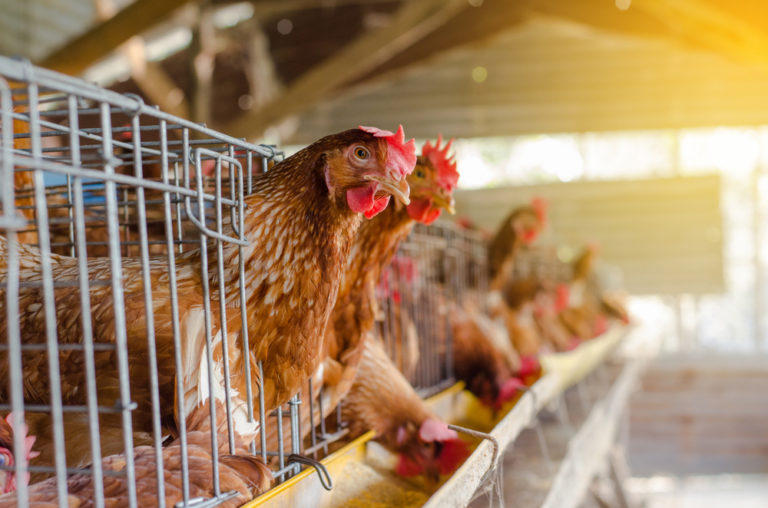

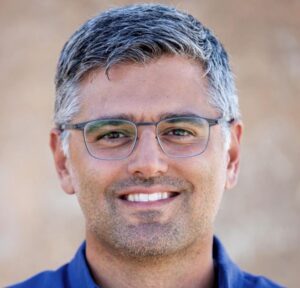

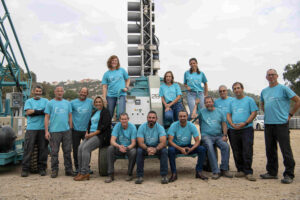
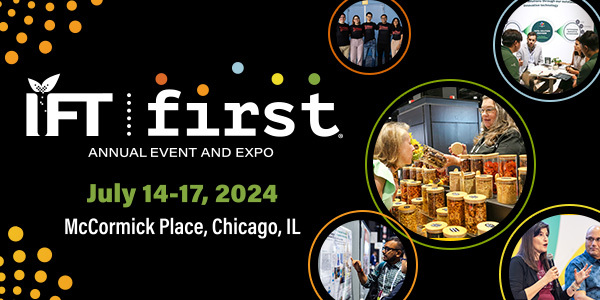
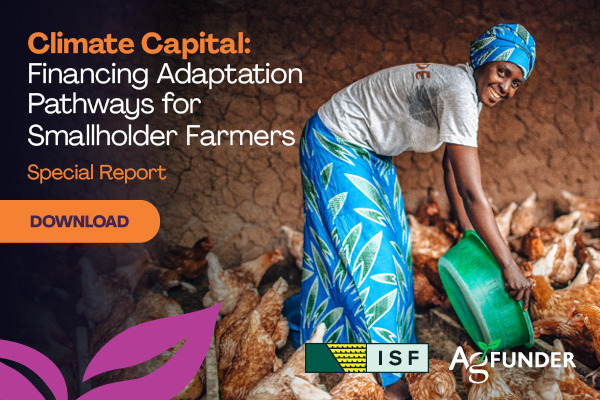
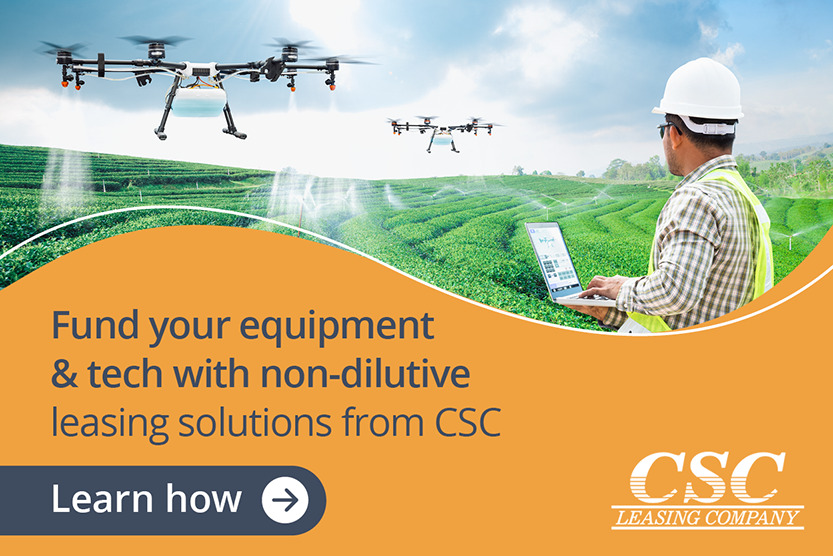


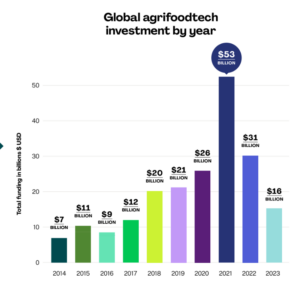
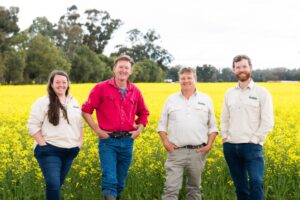

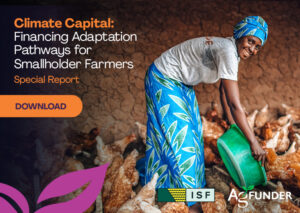

Sponsored
International Fresh Produce Association launches year 3 of its produce accelerator